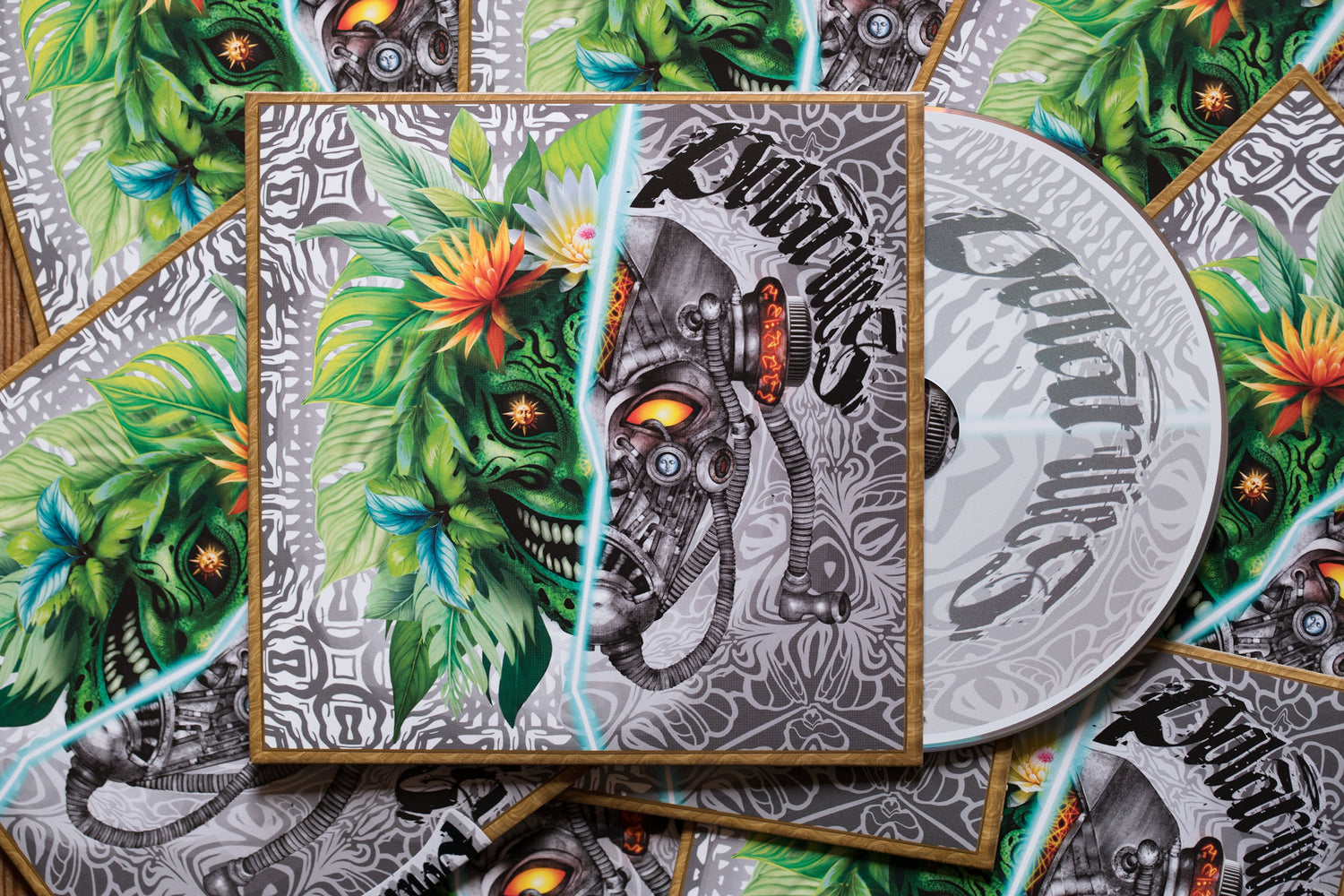
Unplugged: How Quitting Social Media Can Amplify Your Art
In today’s digital age, social media has become ubiquitous, influencing nearly every aspect of our lives, including the way we create and consume art. While platforms like Instagram, Twitter, and Facebook offer unprecedented opportunities for artists to share their work and connect with audiences, some creators are discovering that stepping away from these platforms can lead to a deeper, more meaningful artistic practice. In this blog post, we’ll explore the reasons why some artists are choosing to quit social media in pursuit of better art.
1. Distraction-Free Creativity
Social media platforms are designed to capture and retain our attention, often leading to endless scrolling and distraction. For artists, this constant barrage of content can hinder creativity and focus. By disconnecting from social media, artists can reclaim their time and attention, allowing them to dive deeper into their creative process without the constant interruption of notifications and updates.
2. Authentic Expression
In an era where likes, shares, and followers often dictate an artist’s worth, it can be easy to fall into the trap of creating content that is tailored to appease algorithms rather than expressing genuine creativity. Quitting social media can liberate artists from the pressure to conform to trends and popularity metrics, allowing them to focus on creating art that is truly authentic and meaningful to them.
3. Cultivating Meaningful Connections
While social media promises connectivity, it can sometimes feel superficial, with interactions reduced to likes, comments, and emojis. By stepping away from these platforms, artists can prioritize cultivating deeper, more meaningful connections with their audience and fellow creators. Whether it’s through in-person events, collaborative projects, or niche online communities, quitting social media can open up new opportunities for genuine connection and collaboration.
4. Mental Health and Well-being
Studies have shown a correlation between social media use and mental health issues such as anxiety, depression, and feelings of inadequacy. For artists, whose work is deeply intertwined with their emotional and mental state, maintaining a healthy mindset is essential for creative output. Quitting social media can help alleviate the pressures and comparisons that often contribute to these negative feelings, allowing artists to focus on their well-being and artistic growth.
Conclusion:
While social media undoubtedly offers valuable tools for artists to share their work and connect with audiences, it’s essential to recognize the potential drawbacks and consider whether these platforms align with our artistic goals and values. For some artists, quitting social media can lead to a more focused, authentic, and fulfilling artistic practice. By disconnecting from the digital noise, artists can rediscover the joy of creating art for art’s sake and forge deeper connections with both their work and their audience.




